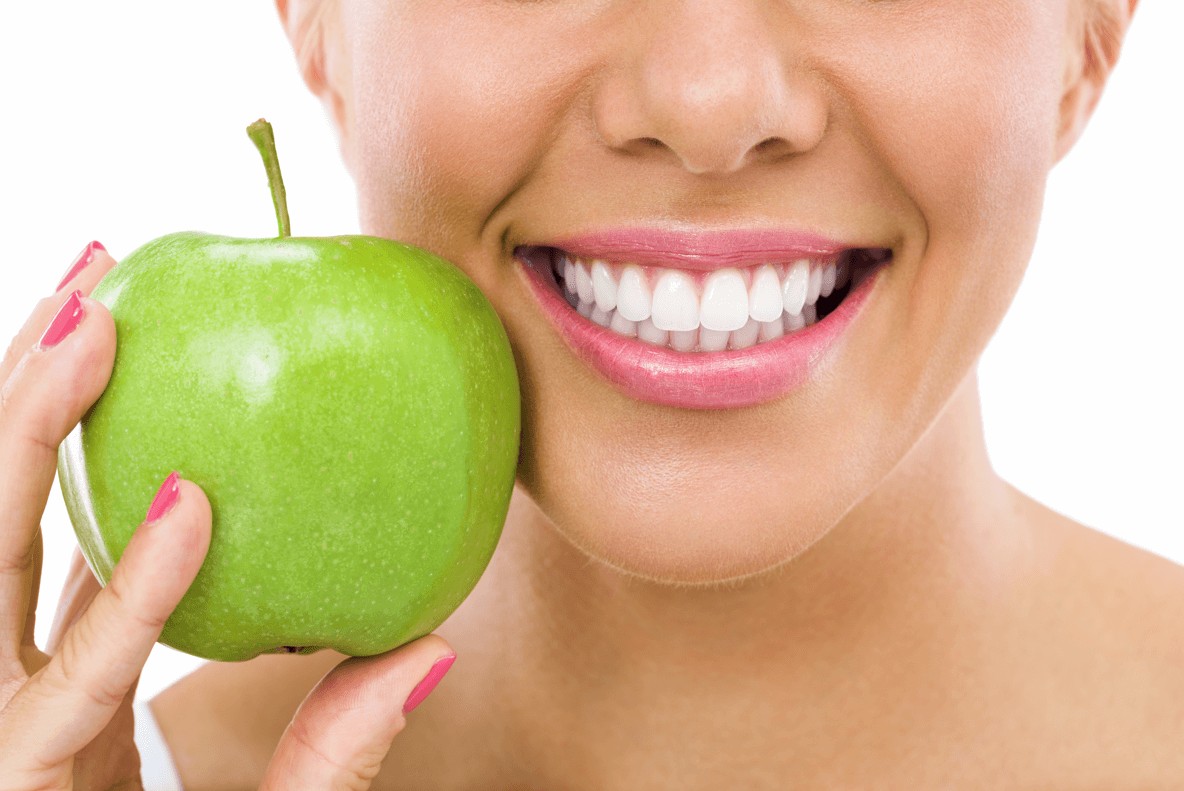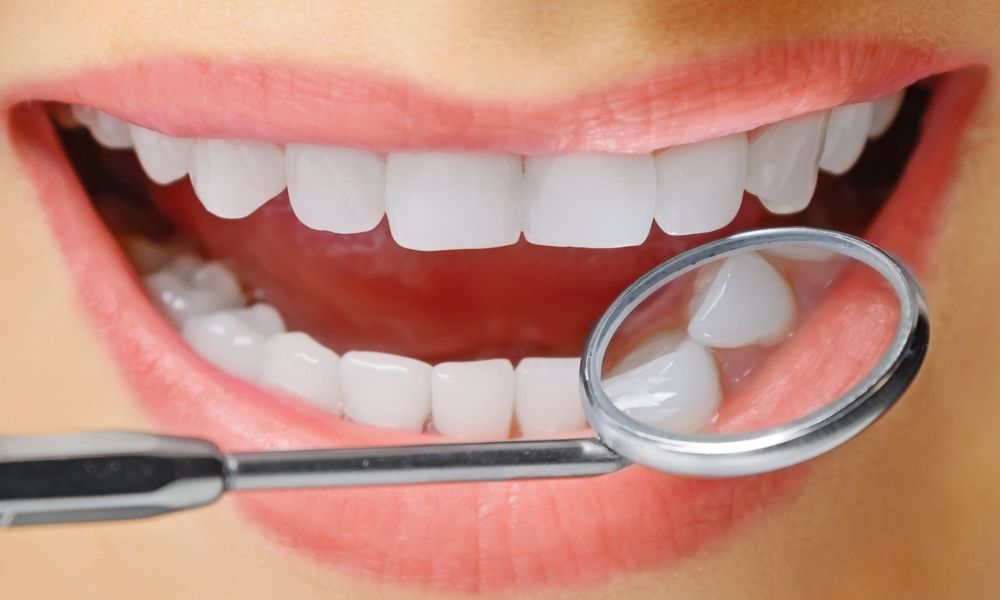Maintaining good dental health goes beyond regular brushing and flossing; it also heavily relies on the foods we consume. Diet plays a crucial role in oral health, influencing everything from the strength of your teeth to your susceptibility to cavities and gum disease. In this article, we’ll explore how different dietary choices affect your dental health and offer tips for maintaining a tooth-friendly diet.
Understanding the Connection Between Diet and Dental Health
The mouth is often referred to as the gateway to the body, and for good reason. The foods we eat can significantly impact the balance of bacteria in our mouths. A diet high in sugars and carbohydrates can lead to an increase in harmful bacteria, which produce acids that erode tooth enamel. Conversely, a balanced diet rich in nutrients can promote a healthy mouth and prevent dental issues.
Sugar and Dental Health
Sugar is one of the most significant culprits in dental decay. When you consume sugary foods and beverages, the bacteria in your mouth feed on these sugars, producing acids that can lead to cavities. According to the American Dental Association (ADA), reducing sugar intake can significantly decrease the risk of developing cavities.
Hidden Sugars
It’s essential to be aware of hidden sugars in processed foods. Many snacks, sauces, and even bread contain added sugars that can contribute to tooth decay. Reading labels and choosing whole, unprocessed foods can help minimize sugar intake and protect your dental health.
The Role of Calcium and Vitamin D
Calcium is a vital mineral for maintaining strong teeth and bones. It helps in the formation of tooth enamel, the hard, protective outer layer of your teeth. Foods rich in calcium include:
- Dairy Products: Milk, yogurt, and cheese are excellent sources of calcium. They also promote saliva production, which helps wash away food particles and neutralize acids.
- Leafy Greens: Kale and spinach are rich in calcium and can be a great addition to a balanced diet.
- Fortified Foods: Many plant-based milk alternatives and breakfast cereals are fortified with calcium and vitamin D.
Vitamin D is equally important as it helps your body absorb calcium effectively. A deficiency in vitamin D can lead to weakened bones and teeth, making them more susceptible to decay and fractures.
Foods That Strengthen Teeth
In addition to calcium and vitamin D, certain foods can directly benefit your dental health:
- Fruits and Vegetables: Crunchy fruits and vegetables, like apples and carrots, act as natural toothbrushes, helping to remove plaque and stimulate gums. They also contain essential vitamins and antioxidants that promote overall oral health.
- Nuts and Seeds: Almonds, walnuts, and sesame seeds are high in calcium and beneficial fats. They also require chewing, which stimulates saliva production, helping to protect teeth.
- Lean Proteins: Foods like chicken, fish, and eggs provide essential nutrients that contribute to the health of your gums and teeth.
The Dangers of Acidic Foods and Drinks
While some foods are beneficial, others can harm your dental health. Acidic foods and beverages, such as citrus fruits, sodas, and wine, can erode tooth enamel over time. This erosion can lead to increased sensitivity and a greater risk of cavities.
To mitigate the effects of acidic foods:
- Drink Water: Rinsing your mouth with water after consuming acidic foods can help neutralize acids and wash away food particles.
- Limit Snacking: Frequent snacking on acidic foods can keep your mouth in an acidic state for longer periods. Instead, opt for balanced meals that include tooth-friendly foods.
Hydration and Saliva Production
Staying hydrated is vital for maintaining good dental health. Water not only helps wash away food particles but also promotes saliva production. Saliva plays a crucial role in neutralizing acids in the mouth and providing essential minerals that strengthen teeth.
The Importance of Regular Dental Check-Ups
Even with a balanced diet, regular dental check-ups are essential for maintaining optimal oral health. Your Orthodontist Houston TX can identify potential issues before they become serious problems and provide personalized advice on maintaining a tooth-friendly diet.
Conclusion
Your diet has a profound impact on your dental health. By making conscious dietary choices, you can significantly reduce your risk of cavities and gum disease. Focus on consuming nutrient-rich foods, limit sugar intake, and stay hydrated to promote strong teeth and healthy gums. Remember that maintaining dental health is a lifelong commitment that includes regular dental visits and good oral hygiene practices.
By understanding the relationship between diet and dental health, you can take proactive steps to ensure a bright, healthy smile for years to come. Embrace a balanced diet, and your teeth will thank you






